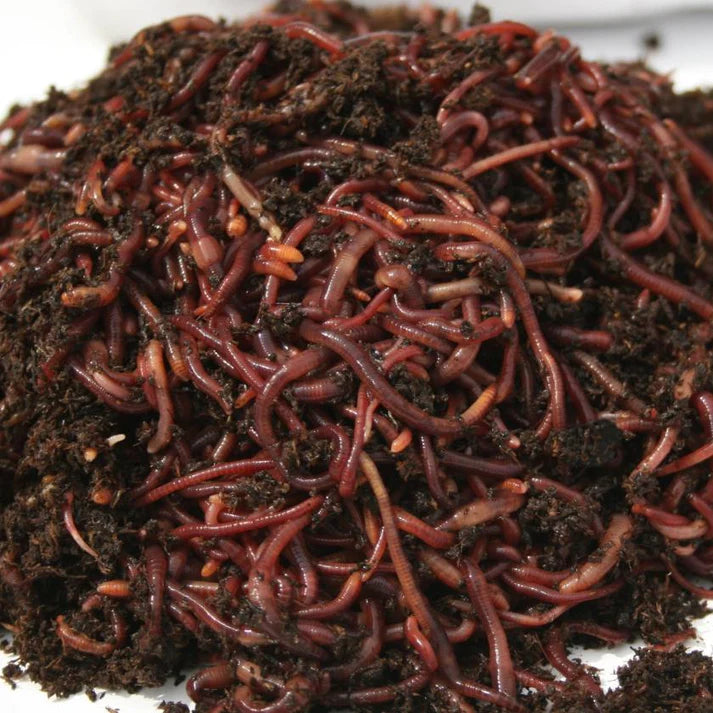Unknown Facts About Red Wiggler Express
Unknown Facts About Red Wiggler Express
Blog Article
Some Known Questions About Red Wiggler Express.
Table of ContentsIndicators on Red Wiggler Express You Need To Know8 Simple Techniques For Red Wiggler ExpressHow Red Wiggler Express can Save You Time, Stress, and Money.Facts About Red Wiggler Express RevealedAll about Red Wiggler Express
And the growing Red Worm populace? Even in the heap that was established up straight in front of backyard composters with existing Red Worm colonies.
Lots of ranges, consisting of Red Wigglers, European Nightcrawlers, and Lumbricus types were brought over from the European continent. But below's the thingNative or not - and as gifted as they go to being able to endure in a wide-range of atmospheres and conditions -. To put it simply, they are much more most likely to socialize in any type of active composting systems you have actually established, than they are to stroll off and begin ruining the atmosphere.
Origins call for oxygen for respiration and depend on smooth air movement within the soil to prosper. When it rains, soil can come to be saturated with water, lowering the oxygen available and impeding nutrition absorption. To preserve an ideal balance, the dirt needs to enable water to drain effectively, leaving sufficient space for air to support origin wellness
The Ultimate Guide To Red Wiggler Express

When it involves worms for composting, what enters your mind? If you were an earthworm breeder, dealership, or plain gardener, after that you would certainly recognize that red wiggler worms are the suitable worms for vermicomposting. To get more information regarding these planet wonders, checked out a few of the red worm realities listed below.
(https://directorydirect.net/Red-Wiggler-Express_377605.html)If they extend their bodies, you'll be able to see the stripes on their skin. When raising worms such as red wiggler worms, you ought to have the ability to recognize how to make good usage of them. When you're able to maintain and care for their environment well, and also feed them the right kinds of natural wastes, then they'll have the ability to create nutrient-packed and quality-rich worm spreadings for you (also known as worm poop or garden compost).
The Of Red Wiggler Express
What do worms consume? Well, these red wriggler worms can be fed with cooking area scraps and yard wastes.

This habits makes them well-suited forever in worm containers, compost heap, and various other restricted areas where natural waste is bountiful. Producing an optimal environment for red wigglers requires a thoughtful strategy. Take into consideration the complying with vital elements to look after red wigglers in your home and ensure their wellness: Utilize a bed linen of shredded paper or cardboard.

Red wiggler worms reproduce by laying tiny, lemon-shaped eggs in safety cocoons. These cocoons are normally transferred in the bed linens and hatch right into infant worms within a few weeks.
The Only Guide for Red Wiggler Express
Their versatility and resilience have made them a preferred option for vermicomposting in various regions around the globe. Yes! They can make it through from a series of 32F to 90F. They are incredibly versatile critters. Consider protective actions for really severe temperature levels such as: Protecting the worm container with layers of straw or leaves.

Just keep in mind - you can constantly add even more food later on (but it's hard to get rid of feed once it's been included to a bin!).
Because I fed the red wigglers and compost worms too a lot, they weren't able to keep up and over time the older food went uneaten and developed anaerobic problems that killed the worms. Here're the 6 golden rules for just how often and how much to feed your worms: Rule # 1: Moderation!
The Greatest Guide To Red Wiggler Express
Leftover food will certainly lead to anaerobic conditions that will certainly eliminate your live worms. Rule # 6: After the very first feeding, feed the worms 1/3 to 1/2 of their weight.
Report this page